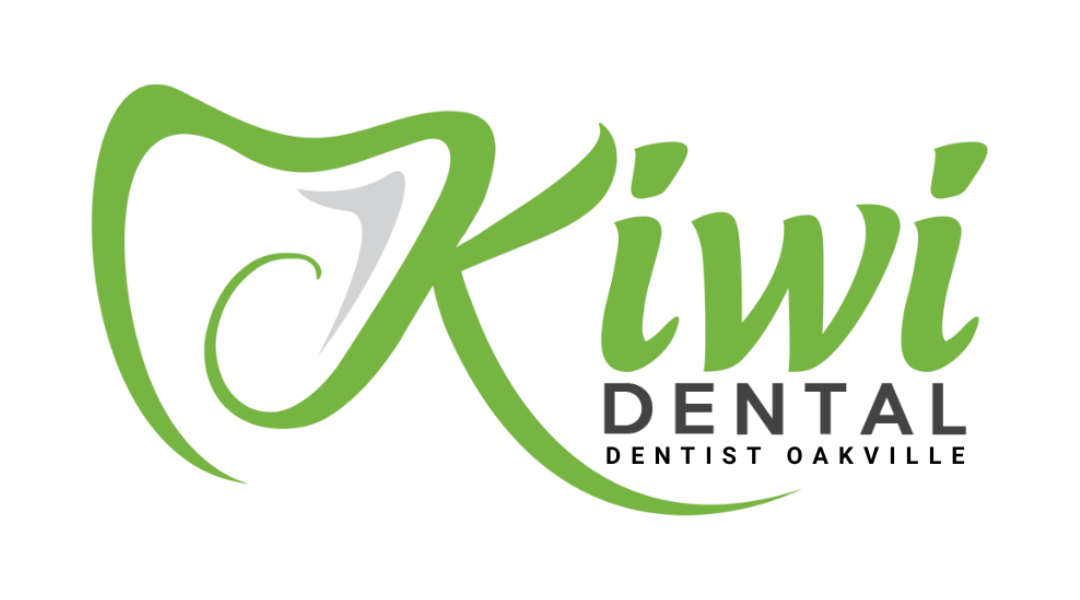


Jaw pain is often described as a stinging or dull pain in this area.
There are many different reasons why the jaw can start hurting and a dental examination is required to find out the reason for the problem.
The pain can range from a slight inconvenience to a debilitating condition that affects how we eat, speak, and our everyday lives.
It can be difficult to determine the jaw pain's source, so consulting an emergency dentist in dire circumstances would be best.
Many different factors can contribute to pain in the jaw. It can either be a one-time issue solved with some quick techniques, or an indication of other, worse problems.
Here are several signs that can indicate pain jaw, or other problems related to your jaw.
If you suffer from consistent jaw pain, consulting your doctor would be the best course of action.
An emergency dental clinic if the pain grows too severe. In the meantime, however, there are multiple ways you can relieve or at least reduce the pain.
Sometimes these are enough to treat the problem completely, but it would be prudent to get the professional opinion of a doctor or dentist either way.
One of the major changes you could commit to is reducing the hard or chewy food that you consume.
Food with such textures causes your jaw to exert more effort to chew them properly.
Adding more soft items to your diets like rice and oatmeal could reduce the amount of stress your jaw is under whenever you eat.
Applying heat or ice packs to your jaw can relieve the pain and relax the tense muscles.
Pain killers that you can get over the counter may help lessen jaw pain.
As stated above, getting medical professionals to examine your jaw would be the best course of action if the pain is consistent.
Your dentist will then decide upon the proper treatment after they reach a diagnosis.
They may prescribe you stronger pain killers, antibiotics if the pain is the result of a bacterial infection or long-term solutions like full-on surgery and physical therapy afterwards.

“I am thrilled to share my exceptional experience at KIWI Dental (Oakville). From the moment I stepped through the doors, I felt at ease. The receptionists greeted me with smiles, and their professionalism in handling my appointment was commendable. Overall, my experience was nothing short of awesome.”
– Farzane E.
We’re proud of our 4.9 rating across 555+ reviews on Google.